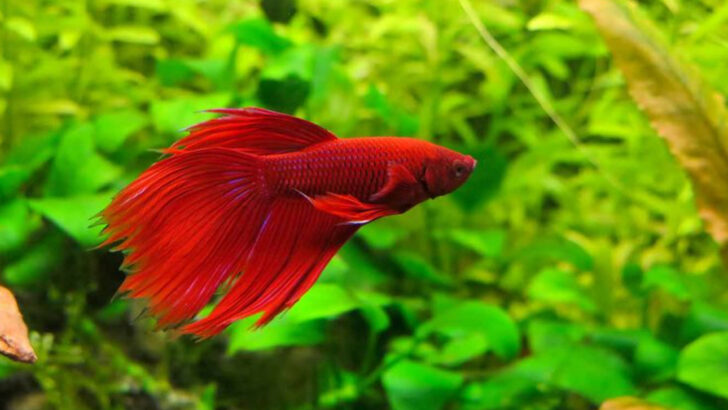Betta fish are not your average bowl dwellers. These tiny warriors are packed with personality, attitude, and an unexpected set of skills that might just leave you speechless.
Did you know bettas can recognize their owners? Or that they build bubble nests when they’re feeling especially proud? These fish aren’t just pretty—they’re full of surprises. But as easy as they seem to care for, many bettas suffer from well-meaning but misinformed owners.
From their wild origins in Southeast Asia to the quirky behaviors they display in tanks, there’s so much more to betta fish than meets the eye. If you want to keep yours happy, healthy, and thriving, understanding their unique needs is a must.
Get ready to discover 17 fascinating facts about betta fish—including how to properly care for them so they can live their best, most colorful lives!
Betta Fish Labyrinth Organ
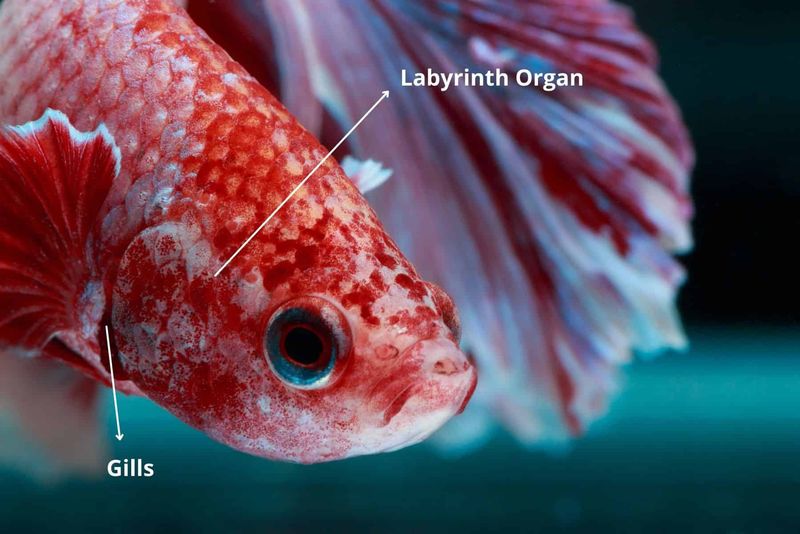
Betta fish possess a unique labyrinth organ allowing them to breathe atmospheric air. This adaptation is crucial for survival in oxygen-deficient waters.
Unlike most fish, they can live in small, stagnant pools where oxygen levels are low. This ability often misleads owners to believe bettas thrive in small containers, but they do need ample space for true well-being.
Their labyrinth organ doesn’t replace the need for clean water, though. Regular tank maintenance ensures they remain healthy and vibrant, combining their natural adaptation with proper care.
Variety of Betta Colors and Patterns
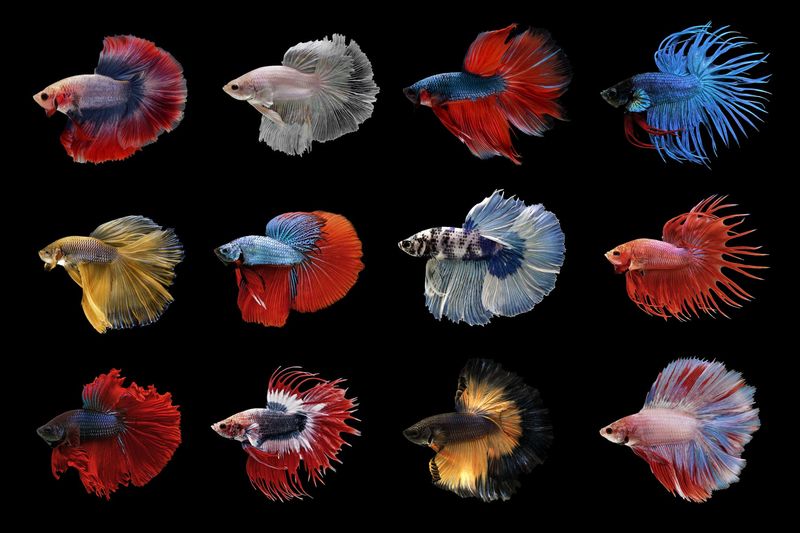
Betta fish are celebrated for their wide array of colors and patterns, a result of selective breeding. From vibrant blues and reds to intricate patterns like marble and butterfly, each betta is unique.
This diversity not only appeals to hobbyists but also plays a role in breeding practices. Selecting mates for specific traits can create stunning new varieties.
For owners, understanding this spectrum can enhance appreciation and selection of these fish, ensuring a visually captivating aquarium experience.
Betta Fish Intelligence
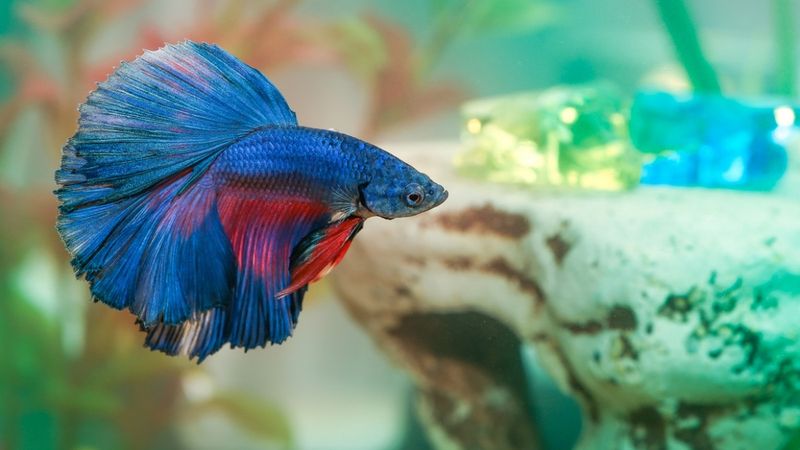
Betta fish are intelligent creatures capable of recognizing their owners and learning simple tricks. They can respond to cues, making them an interactive pet choice.
Training a betta involves patience, using food rewards to encourage behavior like jumping or following a finger.
This intelligence also means they benefit from enrichment activities in their environment. Providing toys or plant cover can stimulate their naturally curious nature, promoting mental well-being.
Natural Habitat of Betta Fish
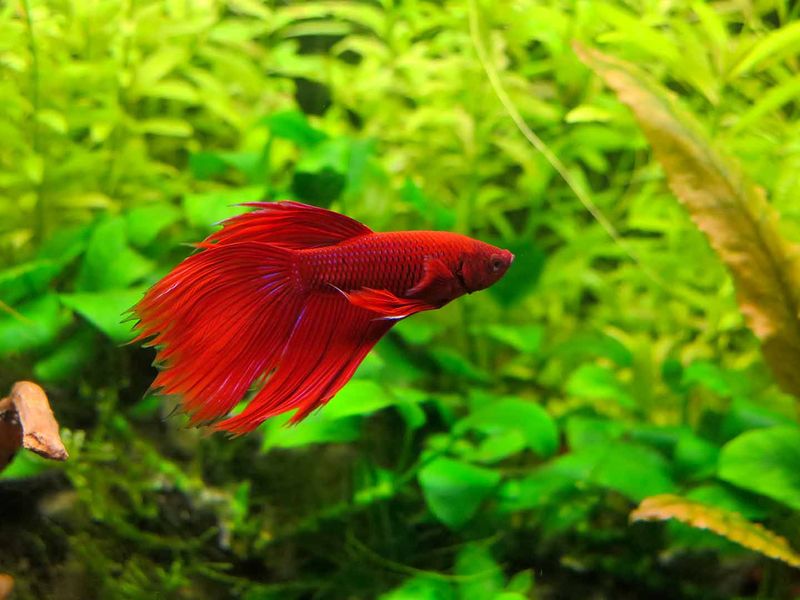
In the wild, betta fish inhabit shallow waters, primarily in Thailand’s rice paddies, rivers, and floodplains. This environment is filled with vegetation and variable water conditions.
Understanding their natural habitat aids in recreating a suitable home environment. Tanks should mimic these settings with plants and hiding spots.
Such an environment not only makes them feel secure but also allows natural behaviors to flourish, contributing to their overall health and happiness.
Betta Fish and Territory
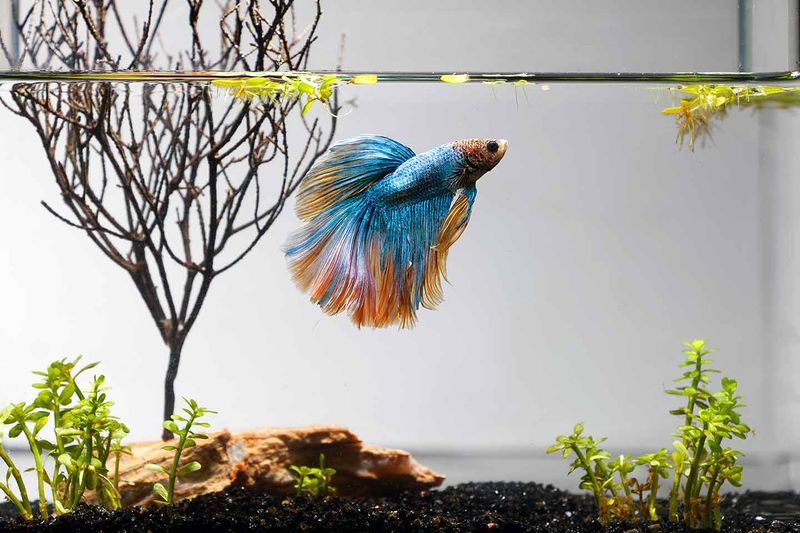
Betta fish are famously territorial, particularly males who aggressively defend their space from intruders. This behavior is instinctual, linked to their wild roots.
In aquariums, it’s crucial to provide adequate space and consider using dividers if housing multiple bettas.
Their territorial nature doesn’t mean they can’t coexist with other species. With careful planning, a community tank is possible, focusing on compatible tank mates that won’t provoke aggression.
Bubble Nests and Reproduction
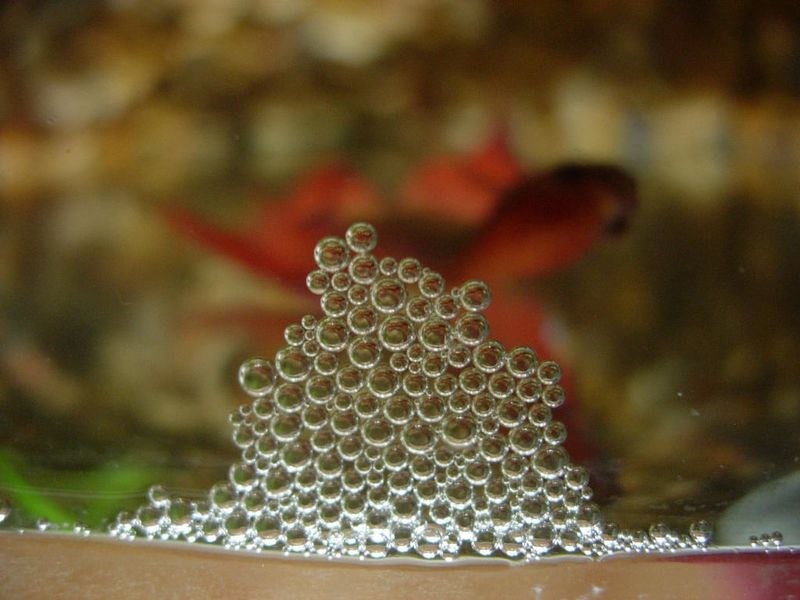
Male bettas are known for creating bubble nests as part of their reproductive behavior. These foamy structures float on the water’s surface, indicating readiness to breed.
During mating, females lay eggs that males capture and place in the nest. Post-spawning, the male guards the nest diligently.
For aquarists interested in breeding, understanding this process is essential. It requires careful monitoring and providing a suitable environment to encourage successful breeding and fry development.
The Myth of Betta Fish Longevity
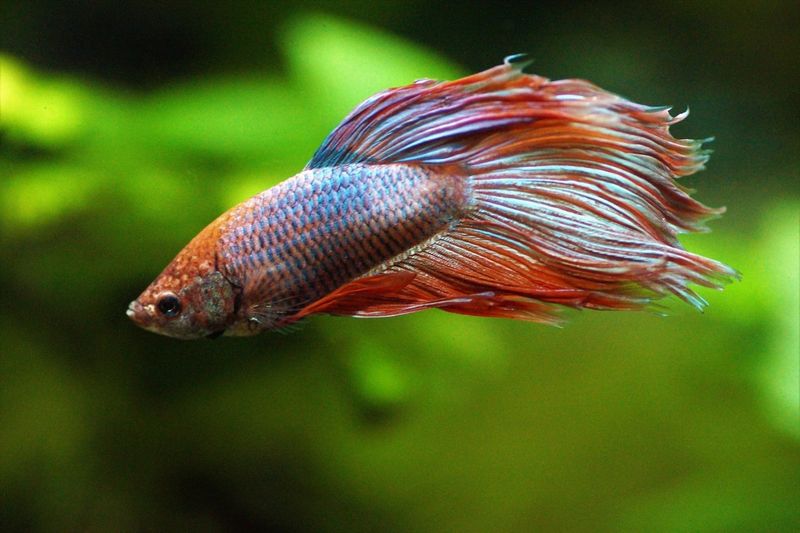
Betta fish typically live for 3-5 years, contrary to myths of shorter lifespans. Proper care significantly influences their longevity.
Factors such as tank size, water quality, and diet play critical roles in their health. Regular water changes and a balanced diet are essential.
Owners should be aware that stress and poor conditions can shorten their lifespan. Ensuring a stable, clean environment helps them reach their full potential, displaying their beauty for years.
Diet Diversity for Betta Fish
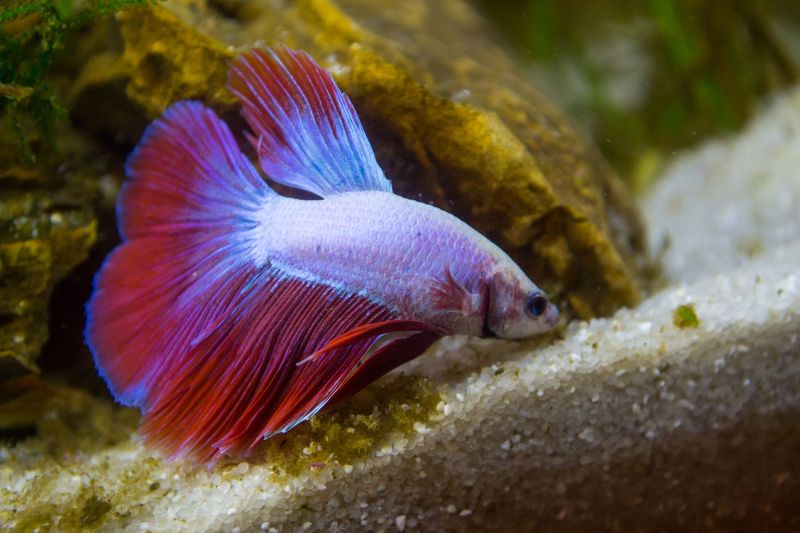
A diverse diet is crucial for betta fish health, preventing nutritional deficiencies. While bettas are carnivorous, they require a balanced diet.
Pellets and flakes should be supplemented with live or frozen foods like brine shrimp or daphnia for protein.
Feeding should be controlled to avoid overfeeding, which can lead to health problems. Observing their feeding habits helps owners adjust portions, ensuring they maintain optimal health and vitality.
Betta Fish Tank Size Misconceptions
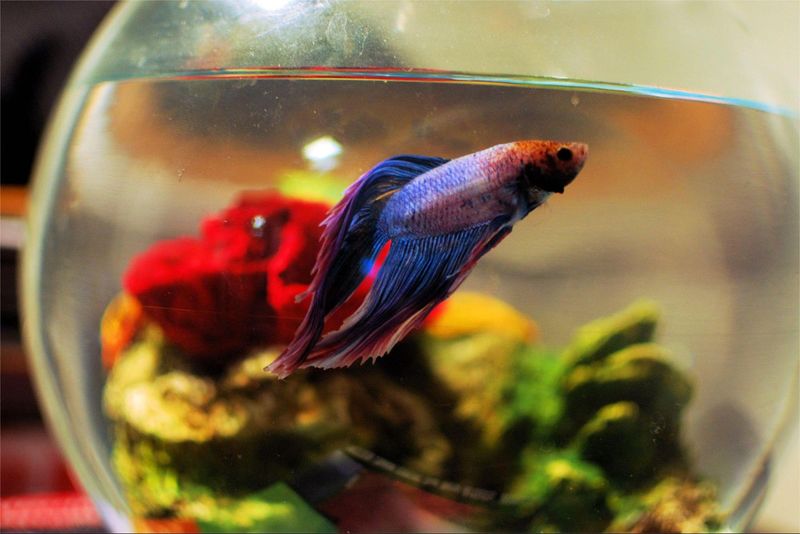
Many believe betta fish can thrive in small bowls due to their adaptability. However, they require space to swim and explore.
A minimum of 2.5 gallons is recommended for a single betta, with larger tanks offering better conditions for their activity and well-being.
Adequate tank size also allows for proper filtration and water quality management, contributing to a healthier and more vibrant fish. Dispelling the small tank myth is key to responsible betta ownership.
Betta Fish and Plant Benefits
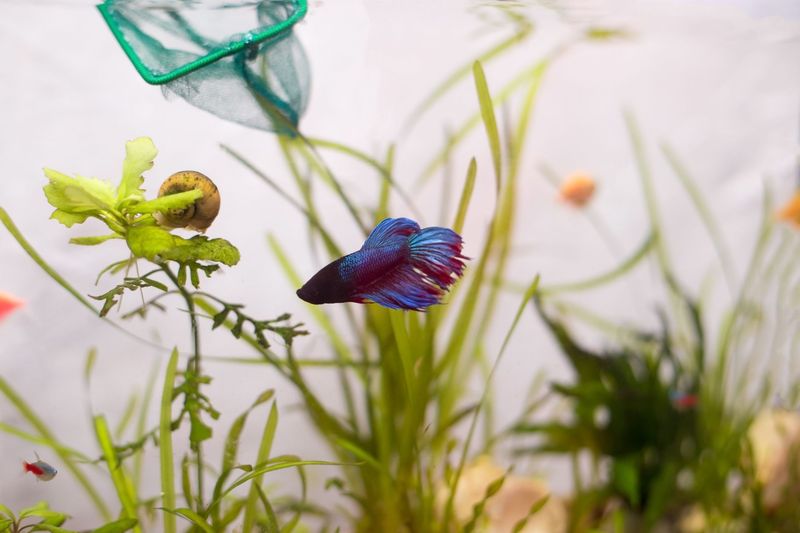
Incorporating plants in a betta fish tank provides numerous benefits. Plants offer hiding spots, reducing stress, and encouraging natural behavior.
They also improve water quality by absorbing harmful nutrients and providing oxygen through photosynthesis.
Choosing the right plants, such as Java fern or Anubias, ensures a thriving aquatic environment. For owners, plants add aesthetic appeal, creating a beautiful and healthy home for their bettas.
Betta Fish Compatibility with Other Species
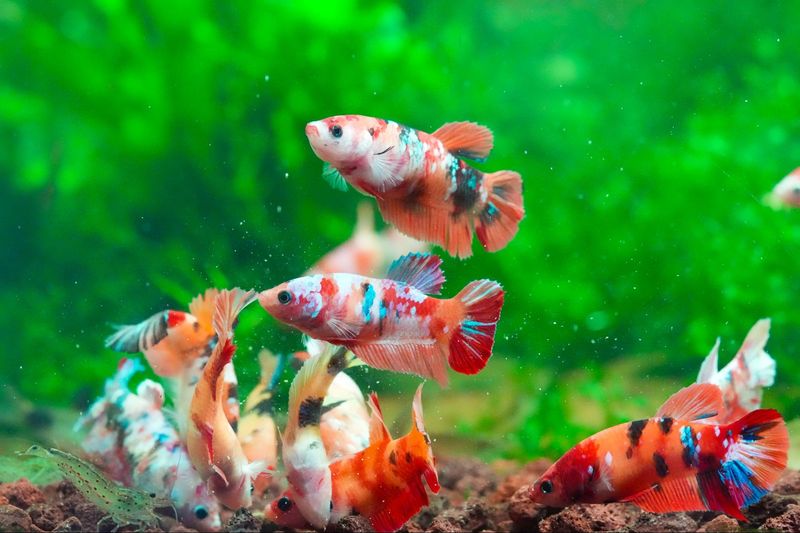
Though territorial, betta fish can coexist with certain species if conditions are right. Selecting peaceful, non-nipping tank mates is crucial.
Fish like Corydoras or small tetras can make compatible companions, provided ample space and hiding spots are available.
Monitoring interactions is essential, being ready to separate fish if aggression occurs. Creating a harmonious community tank requires careful planning and observation, resulting in a vibrant and diverse aquatic display.
Betta Fish Stress Indicators
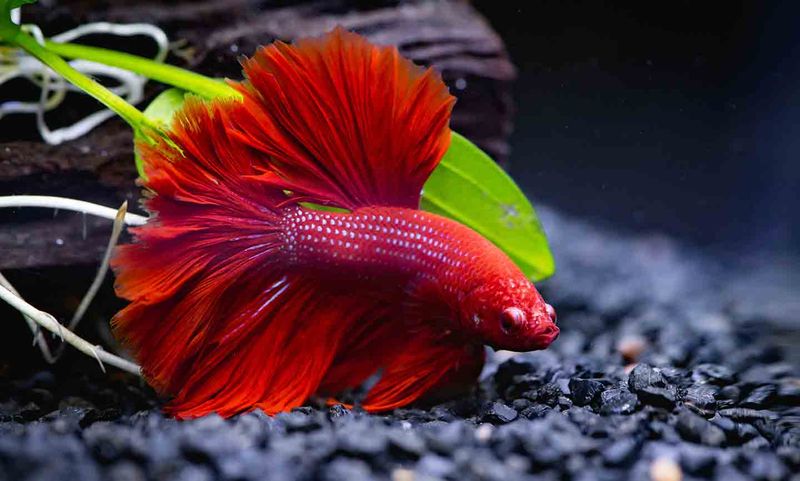
Betta fish communicate stress through physical signs like clamped fins, dull coloration, or erratic swimming. Recognizing these indicators is vital for owners.
Stress often arises from poor water conditions, inadequate space, or incompatible tank mates.
Addressing these issues promptly, through water changes or environmental modifications, helps mitigate stress. Ensuring a calm, clean habitat keeps bettas healthy and vibrant, enhancing their well-being and longevity.
Advanced Betta Fish Breeds
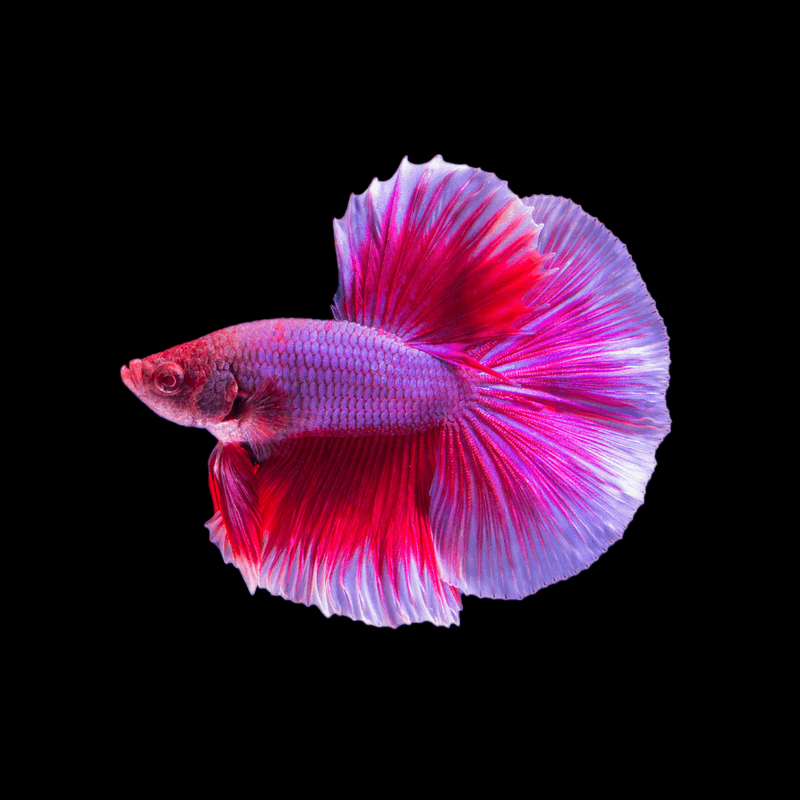
Beyond common betta varieties, advanced breeds exhibit unique fin shapes and colors. Breeds like Halfmoon or Plakat are sought after by enthusiasts.
These breeds require the same care but may need additional attention to prevent fin damage or infection.
Understanding their needs ensures these exquisite fish thrive. For collectors and hobbyists, owning such a breed is a rewarding experience, offering a glimpse into the art of betta breeding.
Betta Fish and Water Quality
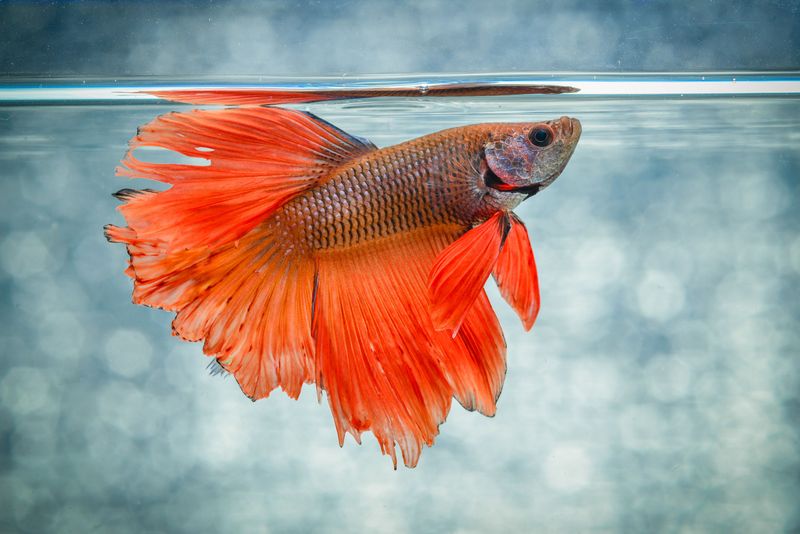
Maintaining pristine water quality is essential for betta fish health. Regular testing for pH, ammonia, and nitrate levels prevents harmful conditions.
Water changes and proper filtration are fundamental practices, ensuring toxins are minimized.
A stable environment promotes vibrant colors and active behavior. For aquarists, vigilance in water management is key to happy and healthy bettas, emphasizing the importance of routine care and attention.
Seasonal Changes and Betta Behavior
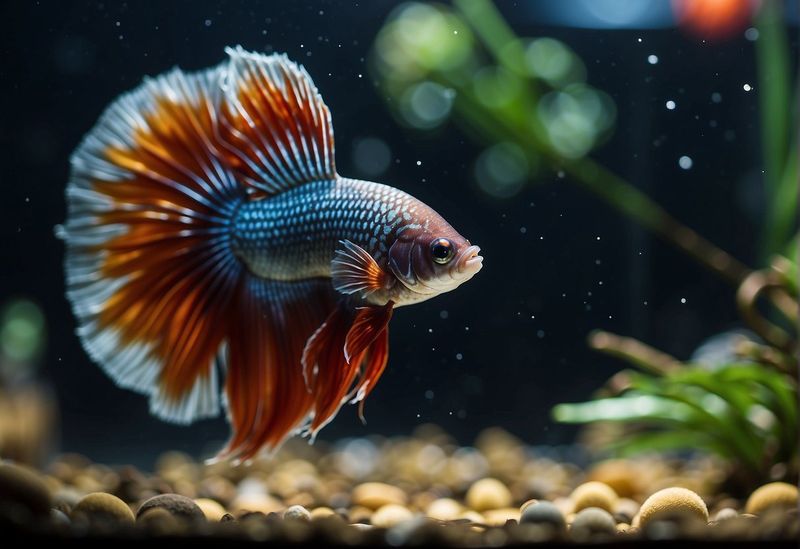
Betta fish behavior can change with seasons, influenced by light and temperature. Longer daylight hours may enhance activity and appetite.
Providing consistent lighting and temperature mimics natural seasonal cycles, supporting regular behavior patterns.
Owners can adjust tank conditions to reflect these changes, promoting natural rhythms and enhancing their pet’s living environment. Understanding seasonal impacts enriches the betta keeping experience.
Signs of Healthy Betta Fish
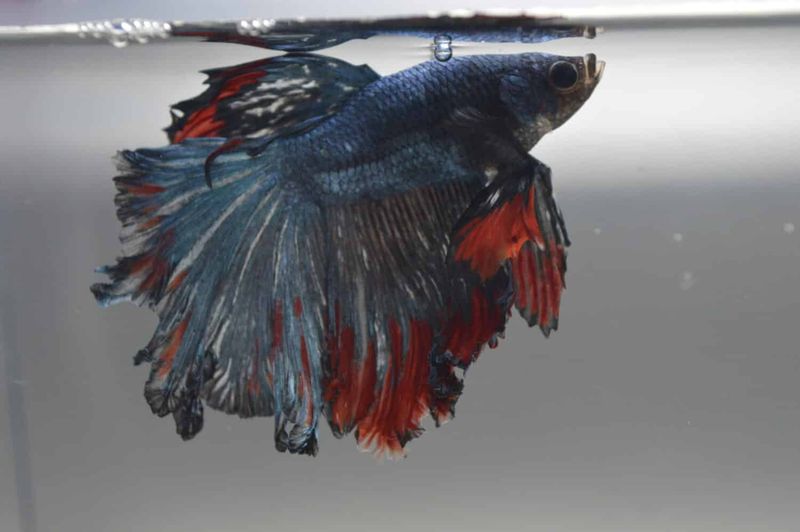
Healthy betta fish are active, displaying vibrant colors and smooth, continuous swimming. Clear eyes and fully extended fins indicate well-being.
Observing these signs helps owners monitor health, ready to address any changes.
Regular health checks, including observing feeding habits and water quality, support longevity. A healthy betta is a testament to good care, reflecting the owner’s commitment to their pet’s happiness.
Betta Fish Rescue and Rehabilitation
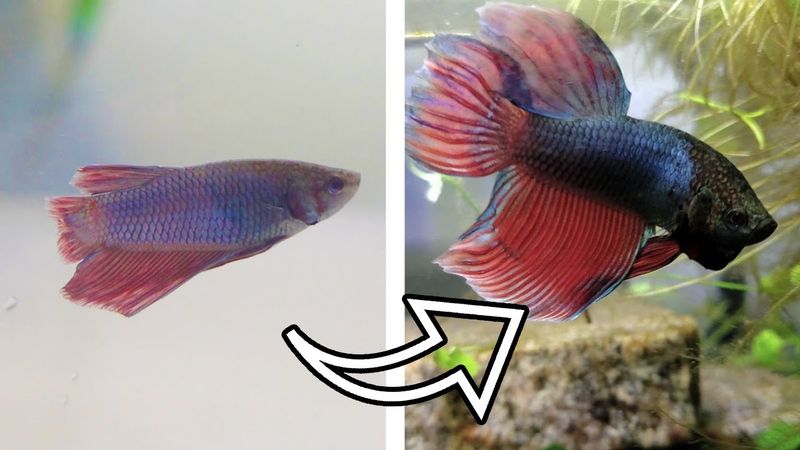
Betta fish rescue involves rehabilitating neglected or ill fish, providing them a second chance. Owners often encounter poorly kept bettas in inadequate conditions.
Rehabilitation requires clean water, proper diet, and a peaceful environment to recover.
Success stories inspire others to adopt rescued bettas, promoting awareness and better care practices. For many, rescuing a betta is a fulfilling journey of compassion and dedication.

